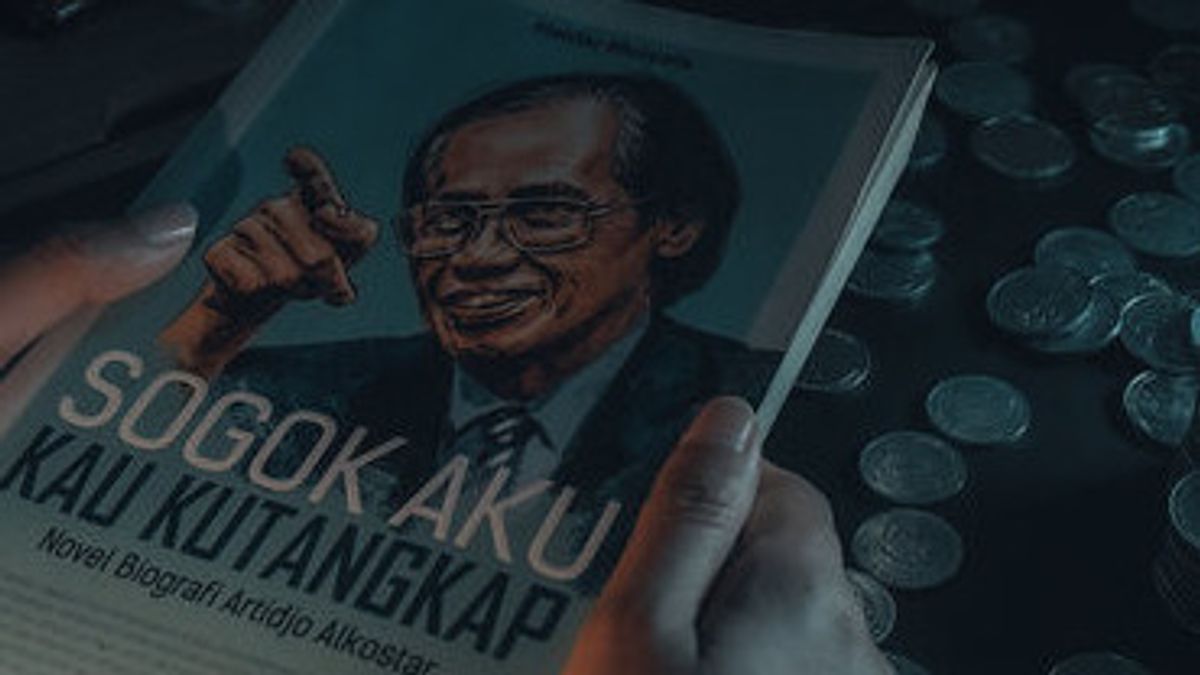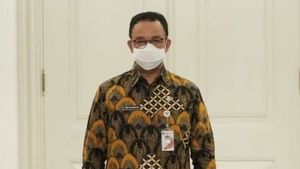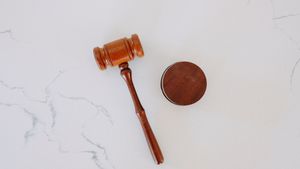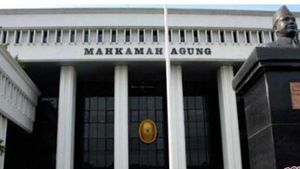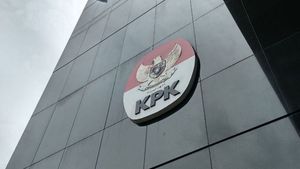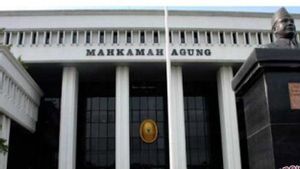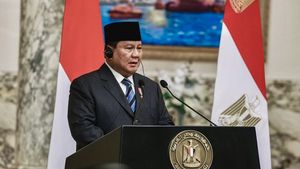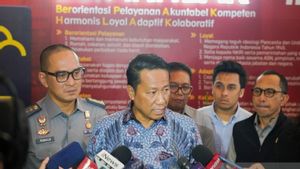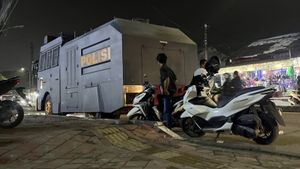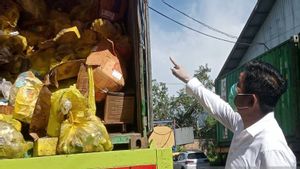JAKARTA - The decision of the Supreme Court (MA) to revoke and cancel the regulation on tightening remissions for corruptors through Government Regulation (PP) Number 99 of 2012 is in the spotlight. The results of this judicial review or judicial review are questioned and considered worrying.
The Supreme Court granted a judicial review of a number of articles in PP No. 99 of 2012 concerning the Terms and Procedures for the Implementation of the Rights of Inmates. This rule regulates the tightening of remissions for corruptors, terrorists, and perpetrators of narcotics crimes.
The decision was made by the former village head of Subowo and four other people. They are inmates at the Sukamiskin Correctional Institution, Bandung. The panel of judges who made the decision was chaired by Judge Supand and consisted of judges Yodi Martono Wahyunadi and Is Sudaryono.
In his decision, the judge considered that the function of punishment is no longer just to imprison the perpetrators to be a deterrent, but also rehabilitation and social reintegration efforts that are in line with the legal model that improves or restorative justice.
SEE ALSO:
Another reason, the judge considered that prisoners are subjects who can make mistakes but do not have to be eradicated. According to them, what must be eradicated are the factors that cause prisoners to do things that are against the law.
The decision was then highlighted by many parties and one of them was an expert on constitutional law, Feri Amsari. He questioned the reason why the Supreme Court decided to grant the judicial review with the existing considerations.
"If we look at the Supreme Court's decision in this case, it is worth questioning because the Supreme Court's decision on the same matter previously emphasized that there were no problems regarding rights restrictions," Feri told reporters, Monday, November 1.
Moreover, he considers that restrictions on the rights of prisoners in special crimes such as corruption, terrorism, and narcotics have been carried out in many countries. "Therefore, this decision is very odd and unhealthy for efforts to eradicate corruption," said the Director of the Center for Constitutional Studies (PUSaKO) Faculty of Law, Andalas University.
With the repeal of this regulation, said Feri, convicts of special crimes including corruption will easily receive remissions because there are no special conditions. In fact, when this government regulation comes into effect, they must carry out the existing requirements, including being a justice collaborator or actors who work together, which is very important.
Feri said that justice collaborators have been important in uncovering corruption cases to uncover the involvement of other parties. "With the JC concept, the state is assisted, the apparatus is assisted in uncovering cases. So the Supreme Court's choice is clearly odd in the practice of eradicating corruption," he said.
Similarly, Indonesia Corruption Watch (ICW) researcher Kurnia Ramadhana also assessed the inconsistency in the Supreme Court's decision.
According to him, the results of this judicial review are not in accordance with the decisions Number 51 P/HUM/2013 and Number 63 P/HUM/2015 which expressly states that the difference in terms of granting remission is a logical consequence of the differences in the character of the type of crime, the nature of the danger, and the impact of the crime involved. committed by a convict.
Thus, he assessed that the consideration of the panel of judges to revoke and cancel the regulation was in line with the government's bad intention to relax the granting of remissions to convicts in corruption cases.
"The Supreme Court's decision is increasingly worrying, especially the considerations of the panel of judges are also in line with the government's bad intention to relax the granting of remissions to corruptors," said Kurnia in a written statement, Saturday, October 30.
Not only that but the Supreme Court is also considered to have misinterpreted the meaning of the application of restorative justice where granting remission is a right for prisoners but there must be special conditions for perpetrators of special crimes. So according to him, this decision is the same as the Supreme Court is trying to equate the crime of corruption with other general crimes.
Finally, Kurnia also considers that the institution has mistaken the problem of overcapacity in the correctional facility. According to him, the classic problem in detention centers and prisons is not because of the conditions for granting remissions but related to regulations in the form of legislation, one of which is related to narcotics.
"Based on data from the correctional database system as of March 2020, the number of corruption convicts is actually only 0.7 percent (1,906 people). This figure is far from the total number of inmates who reached 270,445 people. doesn't make sense," Kurnia explained.
Seeing this condition, ICW asked all parties not to take advantage of the decision. "Referring to the notes above, ICW urges the Government and the DPR not to use the Supreme Court's decision in the PAS Bill as a basis for facilitating the reduction of sentences for corruptors," he concluded.
The English, Chinese, Japanese, Arabic, and French versions are automatically generated by the AI. So there may still be inaccuracies in translating, please always see Indonesian as our main language. (system supported by DigitalSiber.id)
